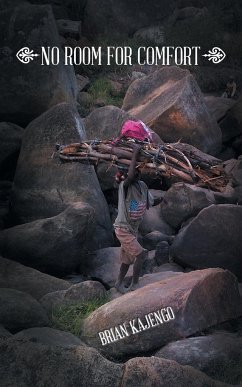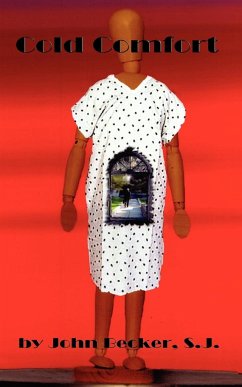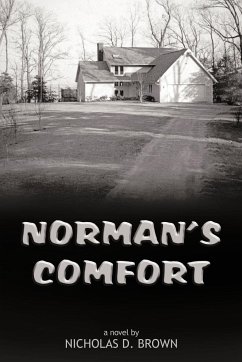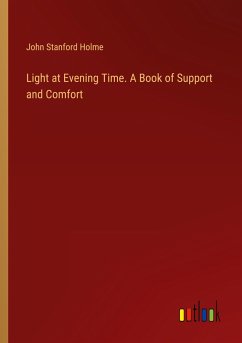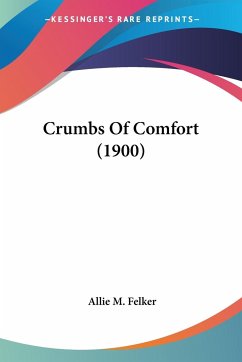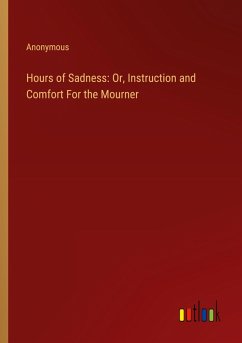No Room for Comfort is an epic story set in pre-2003 Zimbabwe. It follows the life, trials, and tribulations of two orphaned brothers, Kudakwashe and Dzingai. It profiles their strained family relationships, loyalty, struggle, and their attempt to find a room where they could draw comfort. It's a well-written profile of life in Zimbabwe with all its cultural nuances; the narrative is rich in Shona idioms and proverbs and delivered in Zimbabwean English popularized over decades by luminaries such as Doris Lessing, Tsitsi Dangarembga, and many others. No Room for Comfort's story is a window into the Zimbabwe before the current one, which is characterized by dysfunctionality and a population defined by its resistance and resilience. Kudakwashe and Dzingai's story serves as a metaphor for what Zimbabwe is going through right now. Their struggle to find their identity, living with various relatives who unleashed bad treatment over them irrespective of rich family bonds, could be a metaphor for the xenophobic attacks seen in South Africa and other countries. No Room for Comfort could be a cry by Zimbabweans to finally find that room where they can rediscover their greatness once again. Kajengo's style is penetrative, yet in a casual manner, thrust deep into the consciousness of a continent known for its Ubuntu yet famous for its tribal butcheries/genocide. The book, by its very treatment of the subject of estrangement and loss, is a perfect candidate to paint a picture of where the continent is in this millennium. Kajengo's no-holds-barred narrative style and his fusing of Shona with English is what Zimbabweans have been waiting for a very long time. This is the novel Africa needs to take to the world as a mirror of where it is today.
Hinweis: Dieser Artikel kann nur an eine deutsche Lieferadresse ausgeliefert werden.
Hinweis: Dieser Artikel kann nur an eine deutsche Lieferadresse ausgeliefert werden.

